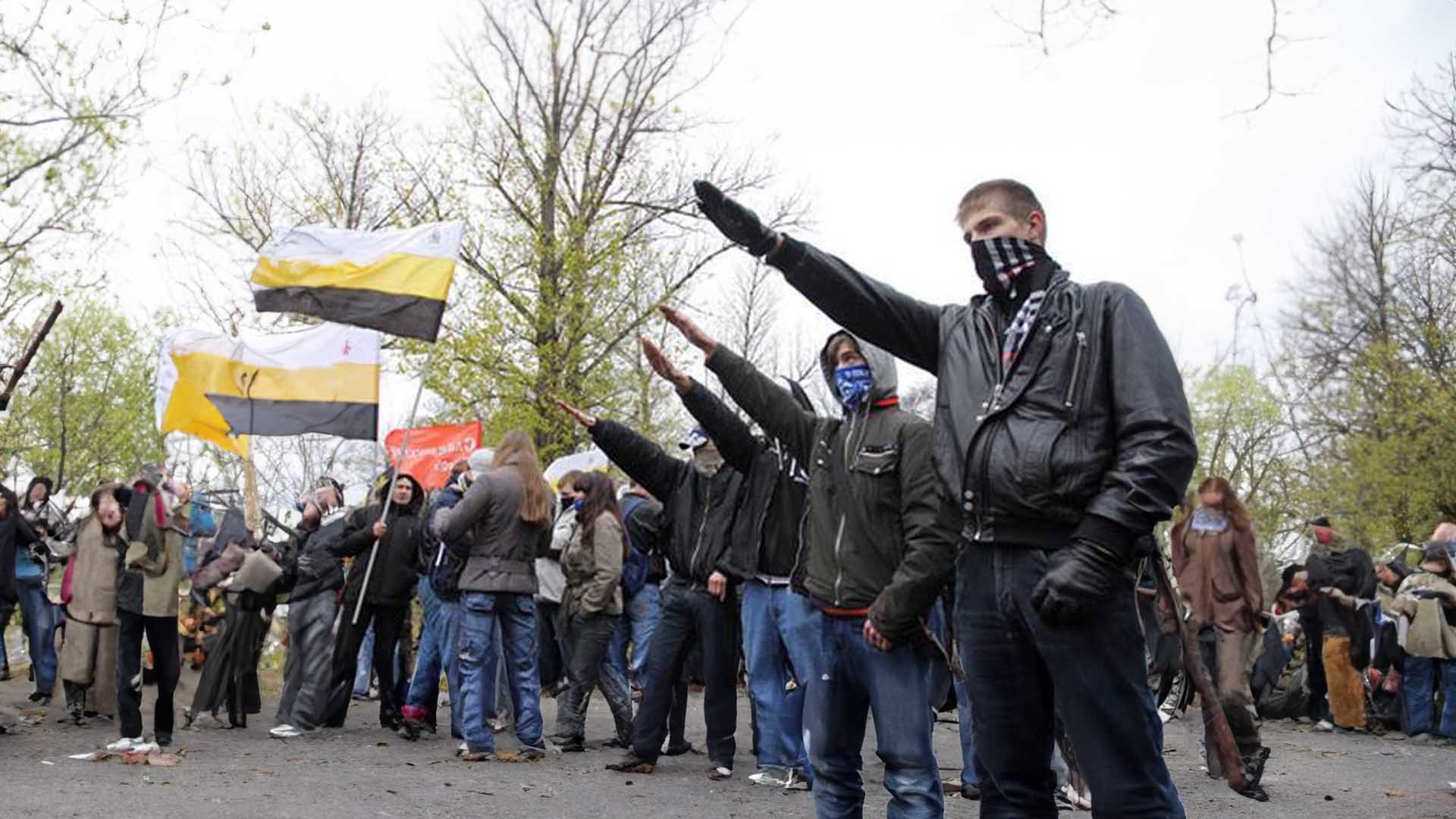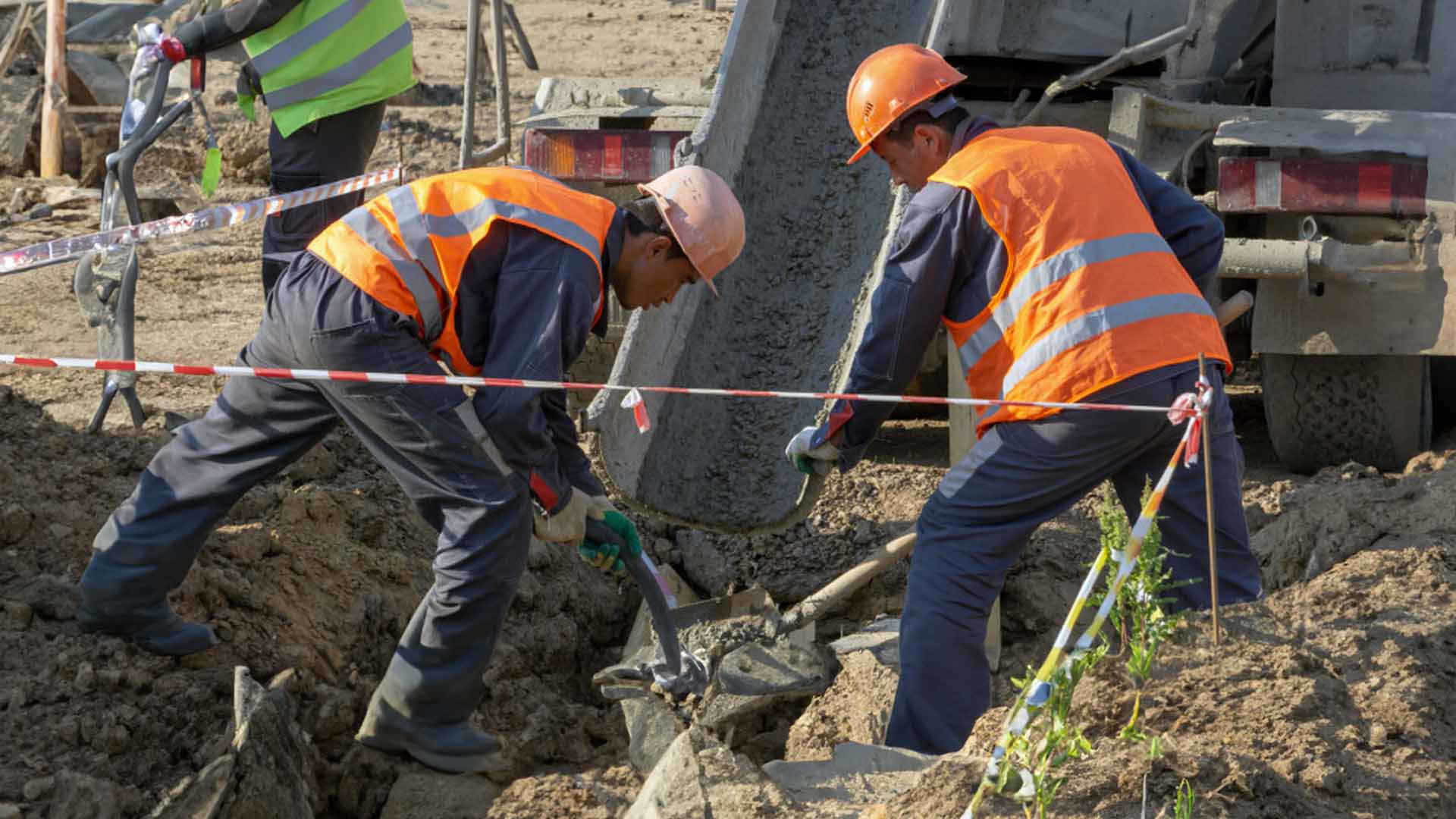The consequences of the large-scale man-made disaster in Ekibastuz have not yet been eliminated. It has been ten days since a city with a population of 150 thousand people in the north of Kazakhstan was cut off from the heating system. But, despite all the efforts of public utilities, there are still houses in which heat has not been received
On the night of November 27, due to an accident, several boilers of the Ekibastuz thermal power plant stopped at once. The Ministry of Energy reported that damage to the heating networks led to this. An emergency regime was declared in the city, and hundreds of houses, mostly apartment buildings, were left without heat in the 30-degree frost.
The President of Kazakhstan, as usual in such cases, instructed the government and the akimat of the Pavlodar region to normalize the situation and bring to justice those who allowed the occurrence of a critical situation. He sent a whole first Deputy Prime Minister of the country, Roman Sklyar, to the scene of the events and ordered him to stay there until the consequences of the emergency were eliminated.
Akim of Pavlodar region Abylkair Skakov was dismissed as a “scapegoat”, in whose place his deputy was put. And on December 4, Sergei Vidlog, the head of the city’s thermal power plant, was found dead in a car in the garage (according to the official version, no signs of violent death were found on the body, a case was initiated under the article of the Criminal Code “Bringing to suicide”)
Sklyar said that the preliminary cause of the damage to the networks was the erroneous actions of the station staff, which led to the appearance of a one-time one-time pressure in the heating network, which accordingly led to breakthroughs on them.
The main shareholder of CAEC JSC, which owns the Ekibastuz thermal power plant and heating networks, oligarch Alexander Klebanov, a few days later recorded a video message to deflect the angry arrows of citizens and the media
https://kaztag.kz/ru/news/oligarkha-klebanova-trebuyut-privlech-k-ugolovnoy-otvetstvennosti-iz-za-avarii-v-ekibastuze. “We have repeatedly drawn attention to the problem of worn-out heating networks, but as a private company, we cannot raise prices for consumers. Therefore, from the very beginning, the company is unprofitable. There was not enough money even for the maintenance of the station, not to mention modernization. This is confirmed by financial reporting,” he said. The businessman claims that “he offered to transfer the CHP to the city for several years in a row.”
https://www.youtube.com/watch?v=g2zOZYxdBwU
The Ministry of Energy of Kazakhstan, whose commission inspected this power facility in August, echoes that low heating tariffs give electricity suppliers, especially private ones, limited incentives to overhaul outdated infrastructure. “The Commission particularly noted the high level of wear of thermal pipelines, which is more than 70%. The existing wear of the heat pipes themselves is the main reason for the annual high accident rate in the heating networks, especially at the beginning of the heating season. One of the main systemic problems affecting the necessary and sufficient volumes of repair work on the pipes of heating networks is the existing low tariff for thermal energy. With a total length of 342 km of heat pipes, only 3-4 km of heating networks are replaced annually.”
Significantly, Ekibastuz is located near the two largest coal mines in Central Asia and only 15 km from the power plant, which provides about 15% of Kazakhstan’s electricity. But the small private heat and power plant itself, which supplies energy directly to the city, has been in operation for almost 70 years. And it requires repairs, which traditionally no one has the money for. Ping-pong between officials and businesses has been going on for years.
Without the reconstruction of the old, and the construction of new facilities and networks (at the expense of the state, and only then transferring them to private owners for management), the problem cannot be solved. It is also possible to attract external investors. But Russia, which is a traditional player in the energy market of the region, is not the most reliable partner now because it invades Ukraine and Western sanctions. It is symbolic that Kassym-Jomart Tokayev was in Paris at the time of the Ekibastuz accident, where Kazakhstan and France signed agreements including a deal for almost $2 billion for the construction of a wind power plant in the Zhambyl region in southern Kazakhstan, suffering from a shortage of electricity.
By the way, serious problems due to dilapidated power grids in recent years have been experienced not only by Kazakhstan but also by its southern neighbors. According to Radio Azattyk, four out of five Central Asian countries, except for gas-rich and information-closed Turkmenistan, faced a shortage of electricity last month
https://rus.azattyq.org/a/32161874.html.
“The deficit is caused mainly by mismanagement,” notes Kyrgyz expert Alisher Khamidov. — In some of these countries, huge losses of electricity — up to 40 percent. All because the power grids are very outdated, and the governments have not updated them for years.
” Of course, the question arises, “Where did the taxpayers’ money go?” But in authoritarian regimes, it is more of a rhetorical nature. The clan power structure and corruption do not imply transparency, competitiveness, and efficiency. Instead of taxes — on the fact of “taxes” from the population. Instead of private investors, there are “their people” in the lured places, from whom everything can be taken away at any time, including business.
Therefore, not only in Kazakhstan but in all the aforementioned Central Asian countries, energy officials continue to blame the same “low tariffs” for poor energy productivity. But the paradox is that governments are in no hurry to raise them.
The heads of Central Asian states rightly fear that this will cause a negative response from the impoverished population. The bloody January riots in Kazakhstan, which were triggered by a sharp increase in the cost of liquefied petroleum gas, largely explain why the authorities will continue to be wary of any proposals to increase energy prices for consumers. “It is more convenient for governments to keep centralized subsidies from the Soviet era, because it calms people down, even if the infrastructure is falling apart,” Alisher Khamidov believes.
In other words, the situation is “frozen” — either until the next accident or until the next unrest.
07.12.2022









